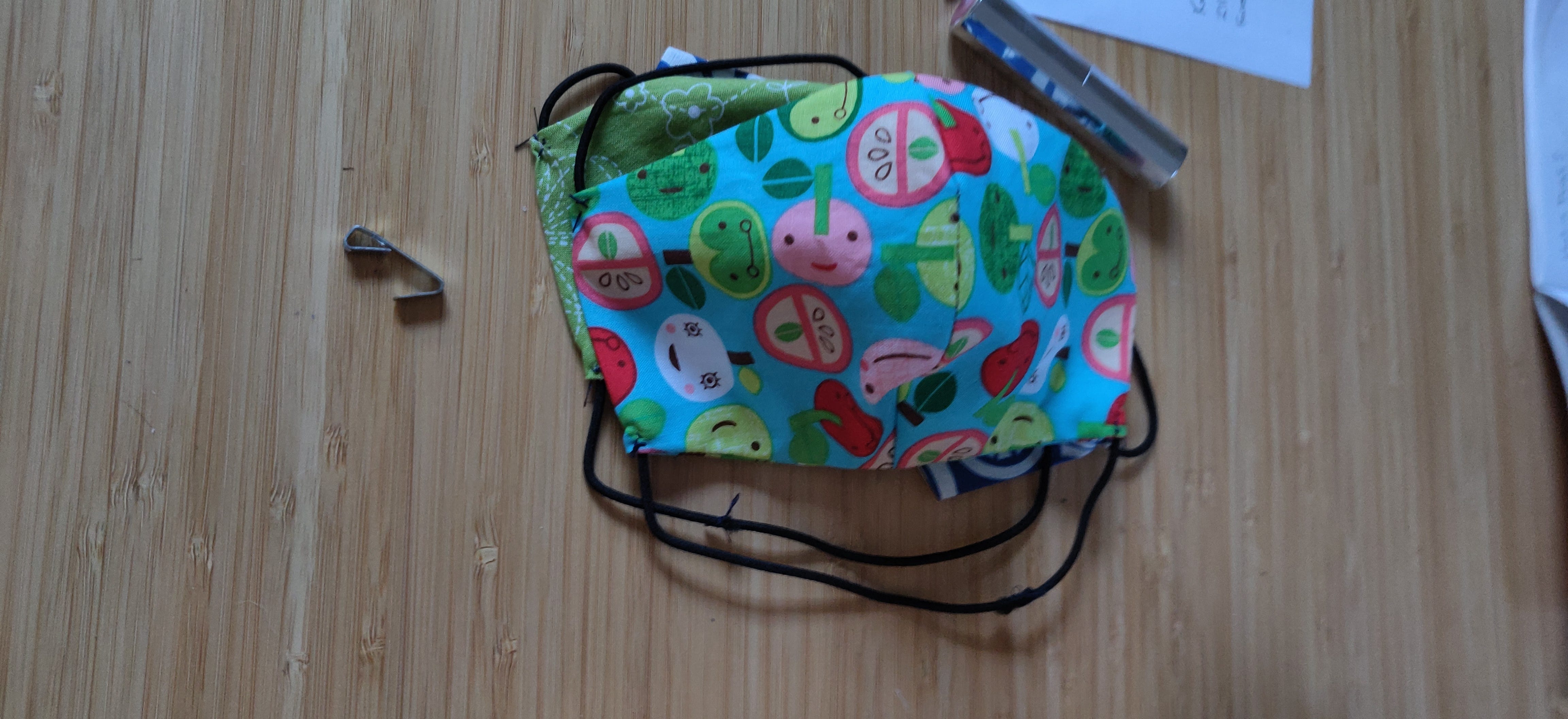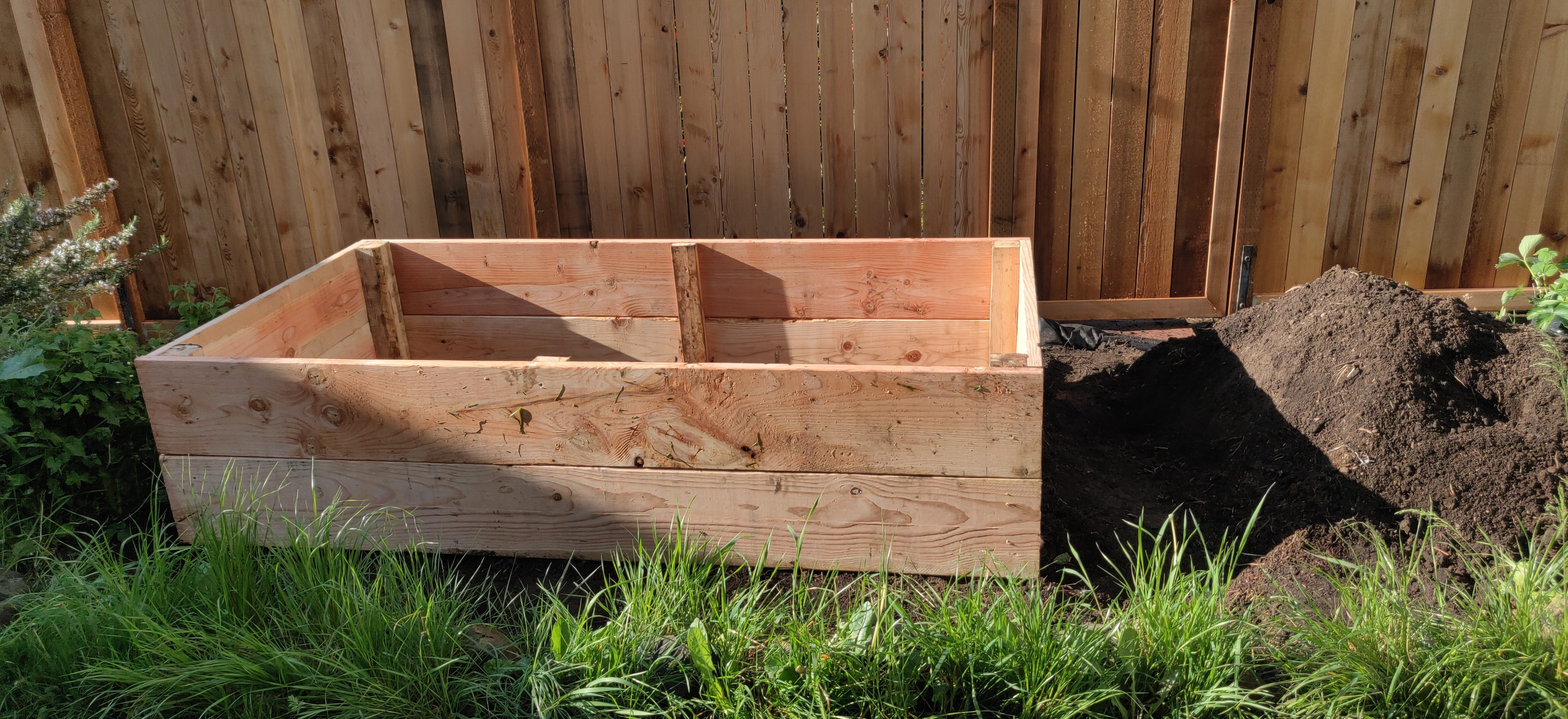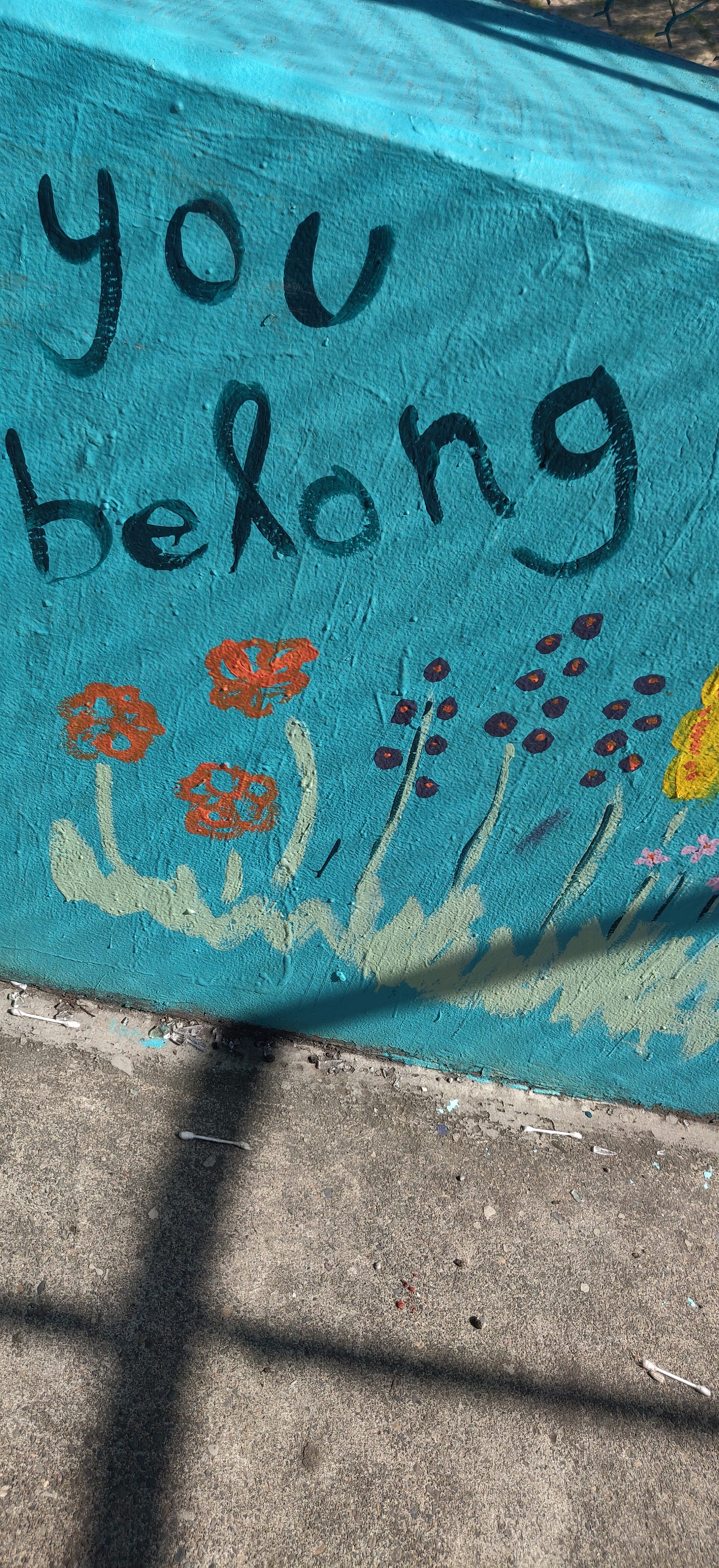Mutual Aid
When we look back, how will our community define our memories of the pandemic?
This is the third in the Old Truck Good Coffee Volley series, in which Leo and Joel respond to each other’s essays with a piece of their own. I was inspired by his line from I Will Fucking Kill You
It's why we wave to each other on back roads, just to say "I see you." It's why we show up for potlucks, chat in the grocery aisle, and generally don't say things like "I will fucking kill you" just to get a coffee shop seat.
to think about how different communities unite. I feel connected here in rural Oregon by the fingers off the steering wheel greeting on a rural road but also by how we show caring when we are in urban spaces, and why.
I was running into an empty park while figuring out how best to film myself slapping the air with one hand, filming with the other. Like wearing a mask made from a T-shirt while grocery shopping, this wasn’t something I had ever done before.
My watch tracked the distance on my right wrist, so if I held the phone in that hand with the camera pointing back at me, I could see the distance tick down my wrist and film myself simultaneously. I started the live feed with .20 miles to go. As I got to 5.99 miles I raised my other hand. Trying to point the camera at it, I executed a running solo high five in an empty park and yelled, “go get ‘em Walter.” Elsewhere in Portland, watching me on Facebook Live, Walter took off on his own 6 mile run.
I gritted out the pandemic in a blend of leisure and anxiety in Portland, Oregon. Me and my fellows were masked and socially distanced, and largely guideline-following.
Early on, I found a YouTube video someone shared on Facebook of a British man sitting in his backyard. He identified himself as some kind of a germ expert. He explained that we didn’t have the masks that would _really_ help (those we would later know as surgical and N95), but we can make a mask that will reduce our risk — and thusly reduce the pressure on our medical systems. Cotton shirt material was, according to this video, one of the best options. He showed how to make a very dumb-looking one without sewing.
My friends that sewed scrambled for elastic at Michaels, arriving before it opened and waiting in socially distanced lines. The sewers shared patterns with each other. Freshly made masks were disinfected and carefully placed in sealed plastic bags. Those bags in turn went into jute-handled paper bags and hung in front of the house for those who could not sew.
Soon, we all had tasteful masks from fabric patterns that matched our style. I personally avoided masks that were made from representational fabric, preferring patterns and solid colors. As medical grade masks became available — was it a whole year later? More? — I missed how our masks told a little about us.
We were hearing about New York. It was reported as a nightmare of sickness, death, and fear. I wonder if they held virtual running relays, even though just about everyone knew someone who got sick, even though military personnel were coming to homes to gather the dead and take them to mass burials.
For those who live there, a city is a beautiful organism, with activity all around to participate in and witness. It generates its own elegant systems. When they fail, a city is frustrating, awkward, and scary.
This idea of mutual aid has been tossed around in the sweet, rough, “Little Beirut,” Keep us weird” Portland, Oregon as long as I have been around. It brings to mind the good parts of community, extending out from family and friendships, organized around shared interest. It suggests willful giving, a city emanating care throughout.
We had conversations around what should be included in a hygiene packet to give our houseless neighbors. No longer able to gather in person to worship, my Quaker meeting moved to Zoom. We divided up the pages of the member directory. Everyone got a call to see how they were doing, see if they needed anything, see if they needed to talk.
One member wanted to garden but needed a raised bed built and could not do it herself. I loaded my tools up and went over. Masked, in a lovely dress, practiced at using her eyes to express by now, she greeted me from a distance and I built it for her. Laying out my drill and saw, I felt my hands capable and felt the pleasing conclusions from the simple constructive math of rectangles. I felt spring was upon us as I loaded the dirt, shovel full by shovel full.
When our annual relay was canceled, my running team organized for a virtual version, which brought me to that empty park where I live-streamed myself slapping the air.
We kept to the rules in Portland. We sought to protect each other. It sure as hell made sense to do whatever we could to keep systems from failing. We learned that cloth masks were not ideal but could cut down some transmission. By all wearing them, we would prune branches of sickness that would otherwise grow through our houses and streets and into our hospitals, crowding us with the weight of those sick and those dead. We were willing to sweat into our masks for the sake of mutual aid.
And we thanked healthcare workers. And we felt deep appreciation for people working at grocery stores. They had to go to work wearing those awkward, moistening masks for a full shift, maybe more. Their co-workers got sick and died. Suddenly that mundane job was essential, a key part of the city’s systems. We need them to feed us.
There was speculation, there was fear, there was claustrophobia and discomfort. And, like a high-tech-socially-distanced-24-hour-running-relay, there was silliness and community.
When I eventually chose to break out of the COVID risks and travel, I came home to the small town I grew up in. A breakfast restaurant there had made national news by refusing to close, in defiance of the governor. Servers wore a shirt that said “we will not comply” and poured coffee for their regular customers. Masks were not welcome.
It was not far from here that a defiant church service, live streamed on Facebook, resulted in an outbreak that killed several members of the church.
My family were not of that ilk but like everyone around, they felt the collision of beliefs around them. I knew my mom was going to events with people who were not masking. She had to decide how to respond to my loving pressure to keep her safe-at-all-costs and the presence of others in her community who did not want to mask. And yes there are people in the community who felt affronted by masks on others. People who have known each other for decades saw things very differently. I walked into my Dad’s garage shop to find him talking unmasked with a friend. They were both in their 70s.
In Portland, masking was universal. I recognized that sometimes it was for performance, but I found it a performance on the theme of social care within the community, not for those outside.
In my small town, every event was a potential for conflict with people you worked with, lived beside, worshiped with.
The anthropological drive to act in unity with your community served to make my Portland experience one of solidarity, even through distinctively Portland gentle, thoughtful, delicious silliness.
In small towns with diverse views, it created stress and disunity. Damned if you masked and damned if you didn’t, any trip out of the house could catch you up in conflict. You were going to be around people who disagreed, and that disagreement may be some degree of uncivil. When your dad knows my dad and maybe your grandmother knows my grandmother, community means more than just a cute trope of children’s drawings of people holding hands. Conflict slicing into community cuts deep into the people that have invested lifetimes in the fabric of the town.The Chamber of Commerce weekly Coffee Clatter, the Rotary meeting every month. They are people supporting each other and powering the activities that make the city healthier, more stable, more sensible.
My father does not talk about conflict. When I ask him about masking during the pandemic he is deft at changing the subject.
My mother doesn’t want to tell me how often she was unmasked with her friends or in meetings.
After the relay run in Portland Summer 2020, we gathered for a drink — on a Zoom meeting. It was sad, isolated, and uplifting. How cliché: I showed off my sourdough loaves. They could not smell the fresh bread. We reveled in our silly solidarity.





